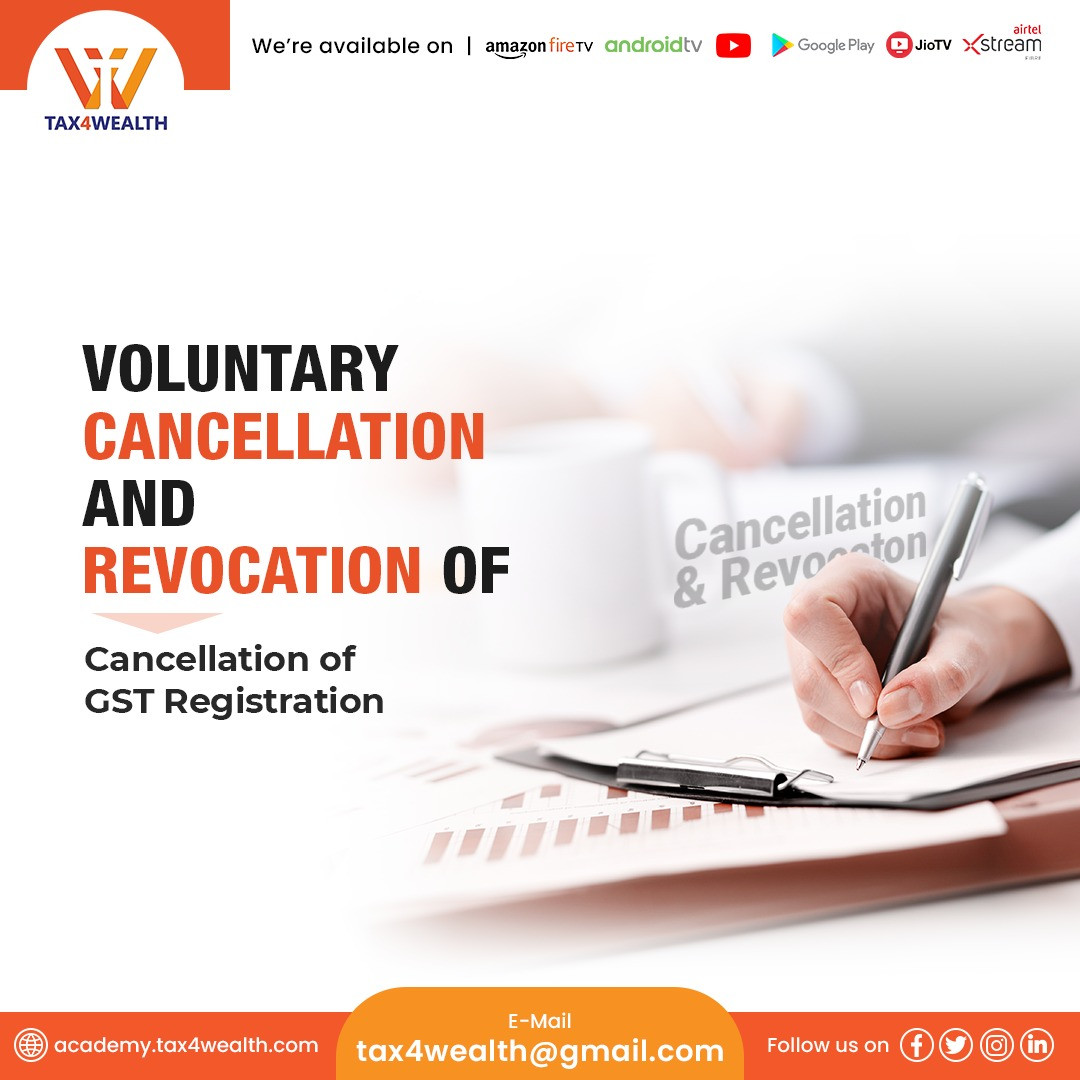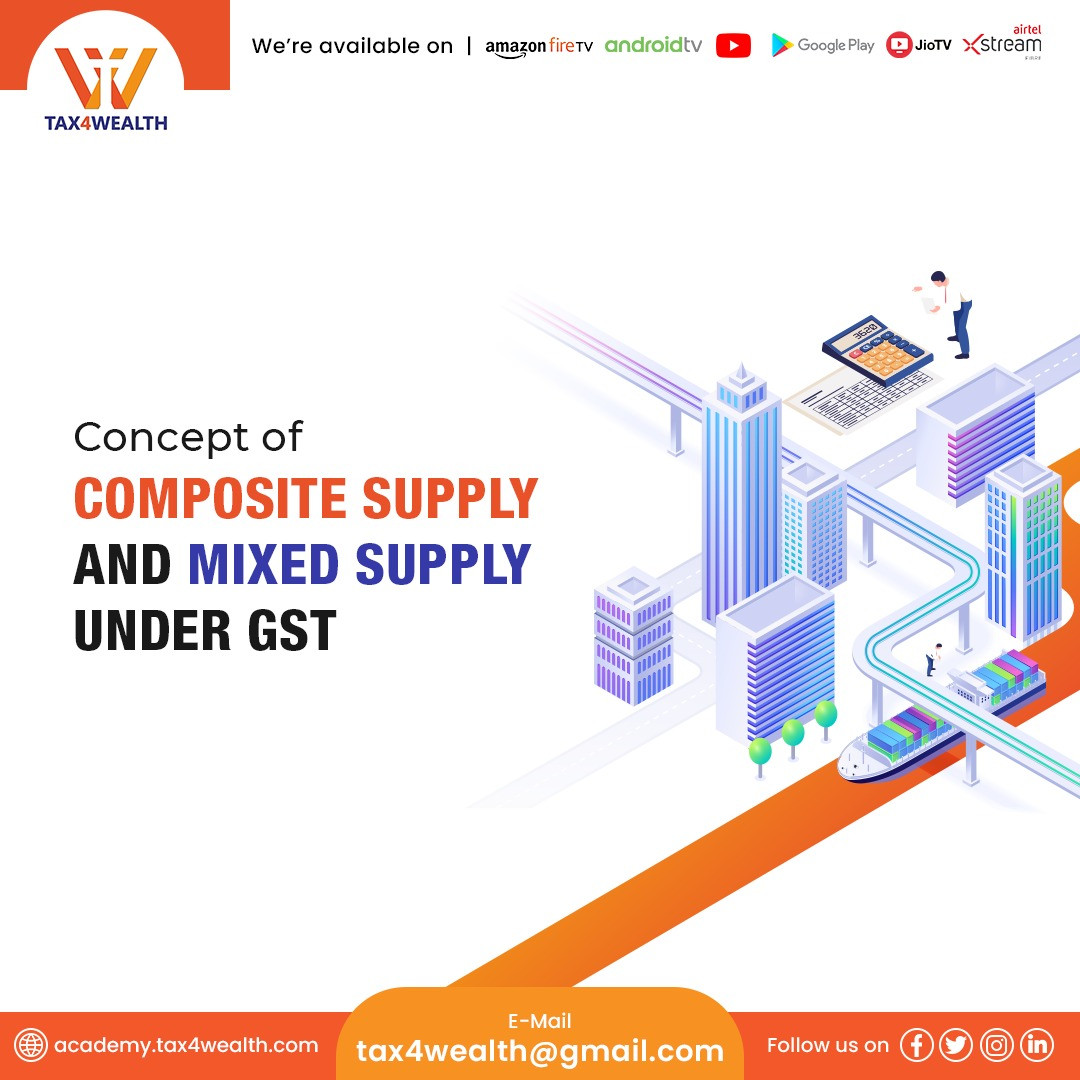Anti-Profiteering Provision Under The GST
Introduction:-
Anti-profiteering rules made for GST were announced by The GST Council on 18 June 2016. The aforesaid rules are considered as lessons that are inspired by some of the well-developed countries showing the inflation and increased price after GST implementation. This can be better analyzed with the help of an example. For example, After the implementation of GST in Singapore in the year 1994, the country witnessed a rise in inflation.
After the implementation of GST, it is essential for the Indian administrators to have a close look at the prices. Likewise, India is adopting the same way as that the other countries adopting the implementation of GST in their own country. This adoption includes rules related to anti-profiteering meant for the protection of consumers from price swindling at a retail level. Under Clause 171 of the Goods and Service Tax Act, it is compulsory to carry forward the benefit due to a reduction in the rate of tax with regard to an input tax credit to taxpayers with price reduction of goods and/or services.
The rules for anti-profiteering are very simple. In simple words, when a business is under a previous tax regime at a lower rate or if the business was actually eligible for tax reduction as a result of claiming the input tax credit. The supplier in such a situation has to pass the benefit to the customers. The anti-profiteering rules provide that there must be a reduction in price commensurately. For this reason, the taxpayer is required to reply in a way that the product or service is transferred under GST at a low slab rate.
The following are the basic aspects of anti-profiteering rules;
-
In case there is a reduction in the tax rate on the supply of goods and/or services;
-
The benefits of the Input Tax Credit are these days available under GST and a registered person has to pass the benefit in case of a reduction in prices.
A Detailed Analysis:-
Under the provisions of Section 171(1) of Goods and Service Tax, 2017; casting the responsibility can pass on the benefit of GST to the receivers considering the following two aspects;
In case there is a reduction in the Rate of Tax under the New Tax Regime:-
For example, dining out has become cheaper under the provisions of GST as the rate of GST is usually 18% as compared to earlier which was 20.5 %. The aforesaid benefit has to be passed on to the customers. The passing of the benefits as a result of the reduction in the rate of taxes, in case the supplies are exclusively for tax or for immediate services is not a big challenge these days. This is due to the reduction in the rate of taxes that will be directly shown as evidence in invoices and the receiver will ultimately get the benefit of such a reduced tax rate. This can be seen in the cases of dining out and traveling with the use of travel-based apps such as Ola, Uber, Savaari, Meru, etc as the rate has been reduced by 1%.
However, if the contract of supplies includes taxes, then; the said provisions will transfer the responsibility to the supplier of the goods to reduce the price as a result of the reduction in the tax rates. For example, normally FMCG goods are sold based on the MRP (Minimum Retail Price) or some prices fixed by the retailers. In case there is a reduction in the rate of tax, then the same must be passed on to the ultimate receiver of the goods. Ultimately, a need to revise the MRP or other fixed prices of goods supplied will arise.
However, in case GST has a negative effect on cost, then the prices can also be increased. For example, under the previous regime of taxes, the output supply was zero-rated and it remained the same under the GST regime as well i.e. zero-rated. In that business, the businesses will not get the benefit of the input tax credit. In case the tax rates are increased, the rates of taxes under reverse charge can be imposed; then again the prices will increase. For example, the LPG used for domestic consumption was exempted from tax under the previous regime. However, under the GST regime, it falls under the 5% tax rate slab. It shows that there is an increase in the prices of cooking gas.
The benefit of Input Tax Credit:-
Most industries will be impacted with regard to the passing of benefits as a result of a better credit chain. In most places including manufacturing, service, trading sectors, or any other specified industry. All of the industries will get the advantage of the better flow of input tax credit excluding the sectors which have zero-rated output supply.
Thus, the overall expectations with regard to the provisions of anti-profiteering are common reductions in the supply prices. For example, radio taxies cannot be adjusted in the input VAT (Value Added Tax) on the office supplies with the payable output service tax. Currently, the input tax credit can also be adjusted against the output tax. Some of the benefits are passed on to them in the form of discounts and offers. Simultaneously, most of the big stores have special offers and GST sales to pass on the benefit.
The Authority of Anti-Profiteering Rules under GST:-
The Authority consists of a Chairman and four technical members including the Commissioner of Central or Sale tax). The Authority will be responsible to determine the procedure and method for fixing the reduction of rates or the benefits of the input tax credit that has to be passed on by the seller to the purchaser due to the reduction in the prices.
Duties of the Authority:-
The following are some of the duties of the authority;
1. Determination of reduction in the rate of taxes or the benefit of the input tax credit has to pass on by the seller to the purchaser due to the reduction in the prices
2. Identification of taxpayers who have not passed on the benefit as a result of such reduction in tax rates
3. The Authority's maximum tenure for working is 2 years from the date on which the Chairman enters his office until and unless the Council recommends otherwise.
Orders Passed by the Authority:-
The following are some of the orders which can be passed by the authority;
1. Price Reduction
2. Return to the buyer, the amount of benefit has not been passed on at an interest rate of 18% per annum
3. Penalty Payment
4. Cancellation of Registration
a. The authority has the right to pass the order of cancellation within 3 months from the date of receiving the report from the Director-General.
b. However, an opportunity of being heard will be provided in case the parties request the same in writing.
c. The interest period will be calculated from the collection date of the higher amount until the date of return of said amount.
Related News
No comments yet, Be the first to comment.













